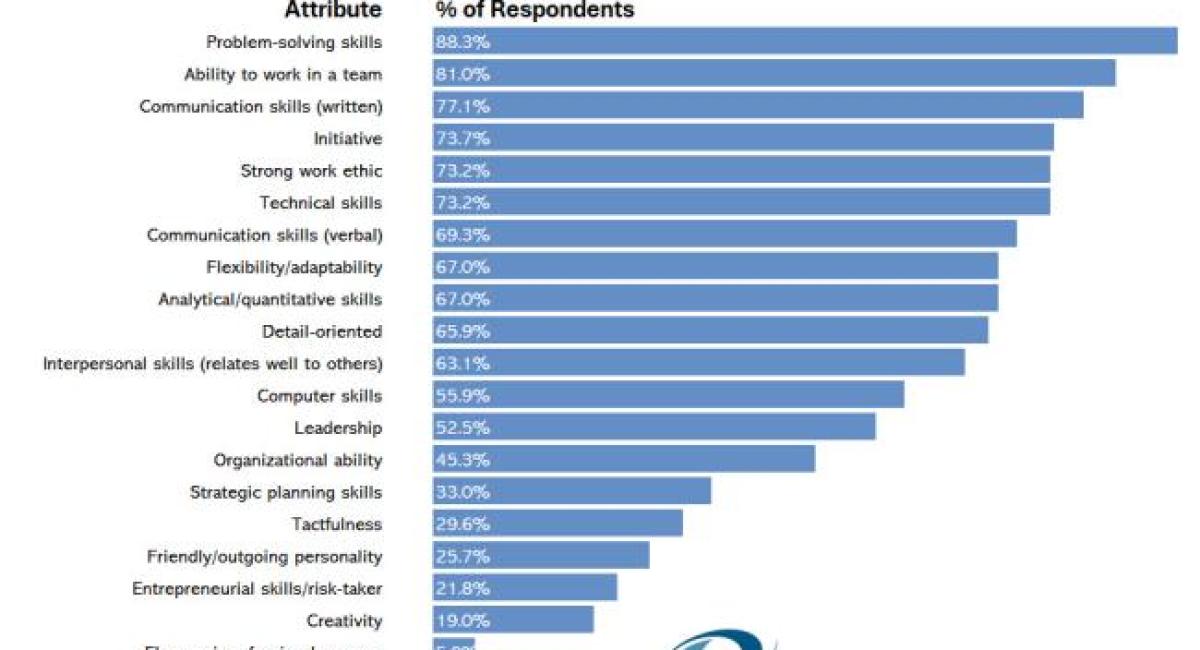We are reaching into the archives to update the August 2013 blog post, “Getting a Faculty Job.” Starting in August, a large share of faculty jobs will begin accepting applications to fill positions that begin in the fall of the following year. Here are some key elements of the academic job search to consider before you apply:
How to be Confident in the Job Search
Two of the most frequent questions that fellows ask during career counseling are, “For what jobs do I qualify? “or “Should I apply for this job?”. To answer these questions, career counselors begin with helping fellows to identify and speak assertively about career from their career trajectory that are factual and grounded in reality.
LinkedIn and Tuned-In: How Social Networking Helped a Post Doc Alumna Find an Industry Job and Her Authentic Self
Post Doc Alumna: Anu Nagarajan, PhD
Industry Position: Senior Scientist
The OITE interviewed a NIH postdoctoral alumna who successfully landed a position in industry. She shares her career exploration process, job search strategies, and knowledge that she gained about her employability as a professional scientist.
OITE: Tell me the story about how you began to search for career options as post doc.
How To Network
One of the most important skills to develop and use as a professional scientist is networking. It is valuable for making important connections related to your research, learning about job opportunities or gathering information about graduate school applications.
Reapplying to Medical School
The decision to reapply to medical school naturally brings with it mixed feelings. You should be congratulated for the investment of time, effort, and expense that all applicants invest during the application process. For those of you who are on waitlists for admission this cycle, there is still a slight/small possibility for matriculation this year. Simultaneously, it is time for you and those who were not admitted to consider reapplying. You are not alone. The reality is that in 2016, the AAMC reported that there were over 49,000 medical school applicants. From that pool of applicants, fewer than half matriculated into their first year of medical school.
Job Search Skills that PhDs and Post Docs Need to Know About the Job Search and How OITE Can Help
For many NIH PhDs and post-docs in the sciences, the formula that you learned to use to find a successful academic career has been straight -forward:
Graduate Degrees + Research +Publications + Academic Job Talks + Academic Achievements (BS through PhD) = Successful Careers
You may not know that after the Post-Doc, there are some additional skills that can be added to the job search equation. Here they are:
Eight Skills Developed During Scientific Training that are Useful for the Job Search
Behavioral Interviewing for Scientists
Behavior based interviewing is an effective tool used by many science industry recruiters and graduate/professional school admissions officers. They differ from technical or scientific interviews because they are designed to give a glimpse into how you will perform in the future on “soft skills” by having you reflect and talk aloud about behaviors that you have done in the past.
Applying to PhD Programs
It is that time of year when many of you are preparing to apply to doctoral programs in the sciences. You may be asking yourself:
- Where do I apply?
- What strategies will I use to decide between programs?
- What are the best programs for me?
Here are several suggestions to simplify the process provided by Dr. Bill Higgins, Pre-Professional Consultant in NIH’s Office of Intramural Training and Education (OITE).
Keep Stress From Derailing Your Work and Life
Post written by Sharon Milgram, Ph.D., Director, Office of Intramural Training and Education at the National Institutes of Health, Bethesda, MD.
Are you Ready for Video Interviews?
One of the current trends in the application process for industry positions is to use video interviewing. Currently, business, science, and technology companies are using video interviews as the first step in the interviewing process after a candidate applies for a position because it saves money and staff time for the firms to screen candidates prior to inviting them for face-to face interviews.




